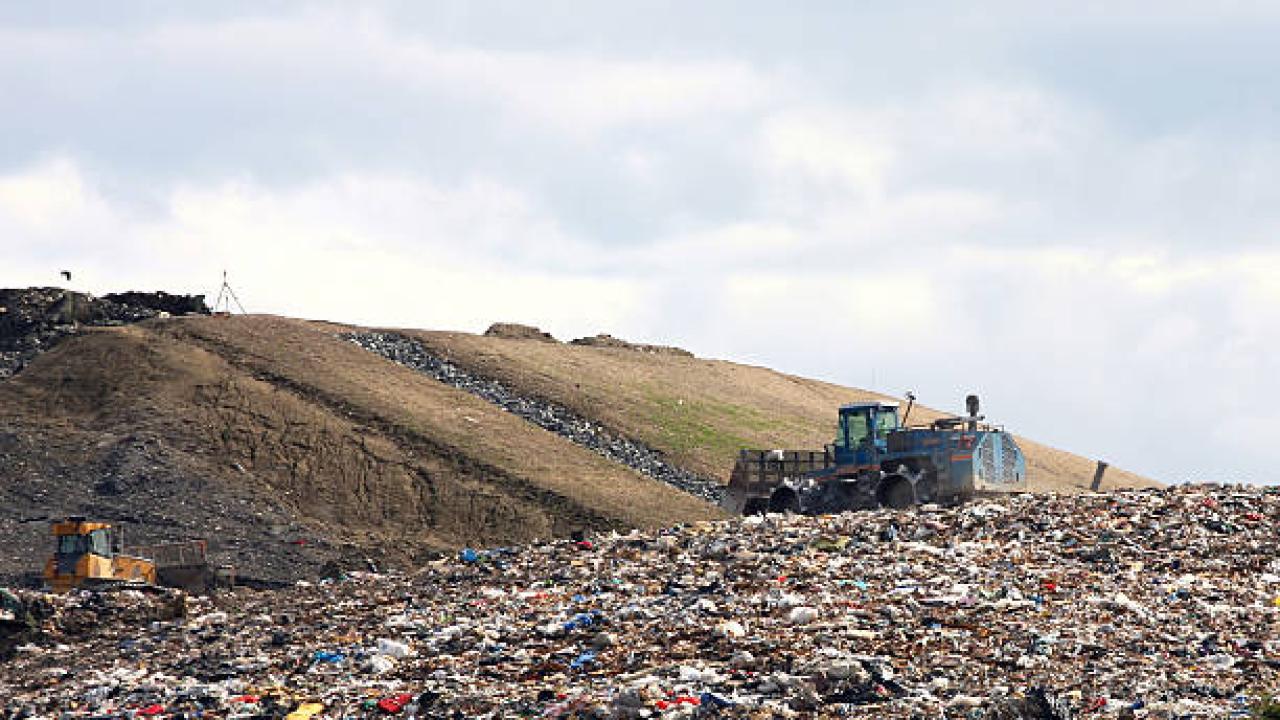
NEW PEER REVIEWED JOURNAL ARTICLE IN ELEMENTA
"Advancing sustainable transitions: A spatial analysis of socio-environmental dynamics of landfills across the United States"
"Advancing sustainable transitions: A spatial analysis of socio-environmental dynamics of landfills across the United States"
Landfills are a kind of environmental hazard, linked to harms, such as the production of greenhouse gases and the accumulation of toxins in natural and human systems. Landfills contribute to climate change through emissions. Yet, the inclusion of socio-environmental dynamics of waste management systems in sustainability research has been understudied. Using a unique dataset of all landfills—construction and demolition, municipal, industrial, and hazardous—this study adds to sustainability research by focusing on waste management systems and to environmental justice research through inclusion of gender indicators and investigation of multiple forms of waste containment beyond solely hazardous facilities. Employing spatial error models, results suggest that communities of color, female-householder families, and disasters are associated with both nonhazardous and hazardous waste landfills. Understanding the relationships between social inequality and landfills improves our ability to plan for and develop more sustainable waste management systems, a key focus for advancing sustainability transitions.
- Clare E. B. Cannon; Advancing sustainable transitions: A spatial analysis of socio-environmental dynamics of landfills across the United States. Elementa: Science of the Anthropocene 12 January 2024; 12 (1): 00101. doi: https://doi.org/10.1525/elementa.2023.00101